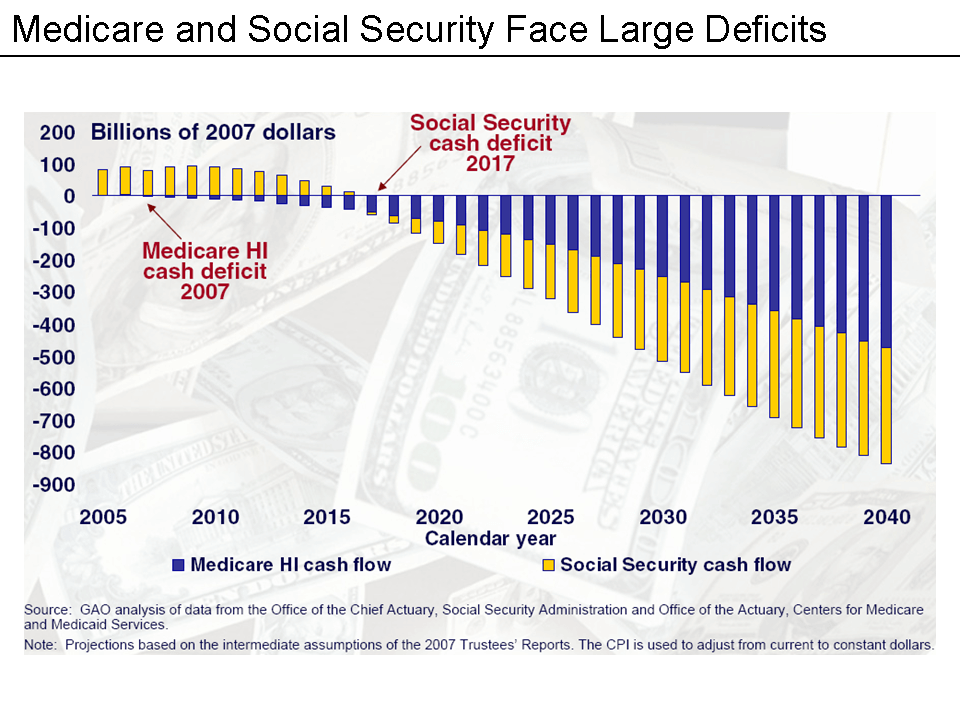13 Quick Tips to Help You Lower Your Debt
One of the most important parts of your financial health is the way you manage your credit or debt. It is strange how many people do not realize that managing their financial destiny is their own responsibility. Very few people actually request a copy of their credit report and with millions of people actively participating in the credit market, most seem oblivious to the state of their creditworthiness.
Because of this low involvement rate most people only receive their credit score when they actually apply for a credit facility. This is haphazard practice with your personal financial affairs. You should always have a clear understanding of your credit score and where you stand in the eyes of financial institutions
Your credit report contains vital information about the current state of your credit-worthiness and is linked to your current credit activities and behavior. Your credit score impacts your ability to apply for credit. The score reflects all past credit applications you have made and if you have met those previous debt payment obligations.
How do you handle having too much debt?
When letters of demand start turning up at your front door and creditors start calling you on a regular basis, you know that you may have a debt problem. Taking on unsustainable amounts of debt happens to a lot of people.
Often this results in a downward spiral of further lending to cover outstanding debts and ends up with the creditor repossessing assets from the debtor to cover the arrears. Relax, if you think that you may have too much debt, then follow these 13 easy steps to get your finances and credit score back on track.
#1 The first place to start with controlling your debt is to understand how much you owe to creditors and whether or not any of them have taken action against you that you may not know about. Your credit score will tell you a summary of all of your financial loans from lenders. Call or email your local credit bureau and ask them to send you a copy of your credit report. Most credit companies offer one free credit report per year for no charge.

#2 Make a list of all of your current debt obligations including loans and any other credit accounts you may have.
#3 Calculate your total monthly net income.
#4 Make a list of all of your monthly expenses. Include as much as you can and do not reduce or cut back on any of your current expenses. Just because you think you can save a hundred bucks on your monthly gas bill does not mean that this should be the figure you include in your calculations, be honest with yourself.
#5 Write down your monthly expense budget.
#6 Next, make a note against each of your expenses as to how much you can cut back on the expense, now is the time to do the gasoline example above.
#7 Be completely honest with yourself and review your budget revision. Can you realistically reduce your expenses to this level? Make some critical decisions on your expenses and get rid of unnecessary expenses. Try to find someone to take over my car payments and switch to a cheaper, more economical model. Get rid of cable and cut down on luxury purchases and entertainment expenses wherever you can.
#8 Now that you have cut down, see where you can save. Can you carpool to save gas money? Do you really need two gigs of data per month? Do you turn off the geyser when you leave the house? Cut down wherever you can.
#9 Take the savings you have made with the exercise so far and apply them to your debts.
#10 Pay off high-interest debts first. Then those with high annual fees followed by any debts that are close to being paid in full.

#11 Create a payment calendar that stipulates your debt repayment goals and then aim to hit that target.
#12 Register with your credit bureau and make sure you keep an eye on your credit report at least twice a year to track the improvements in your score.
#13 Set goals for yourself and think of a reward that you will give yourself once you've achieved your goal.
The Final Thought
No-one wants to be a slave to debt. By following these simple steps you can remove the chains of unmanageable debt from your personal finances and get your financial house in order. If you find that you still cannot cope, speak to a professional debt counselor and find out what they can do to help your situation.
839GYLCCC1992



Leave a Reply